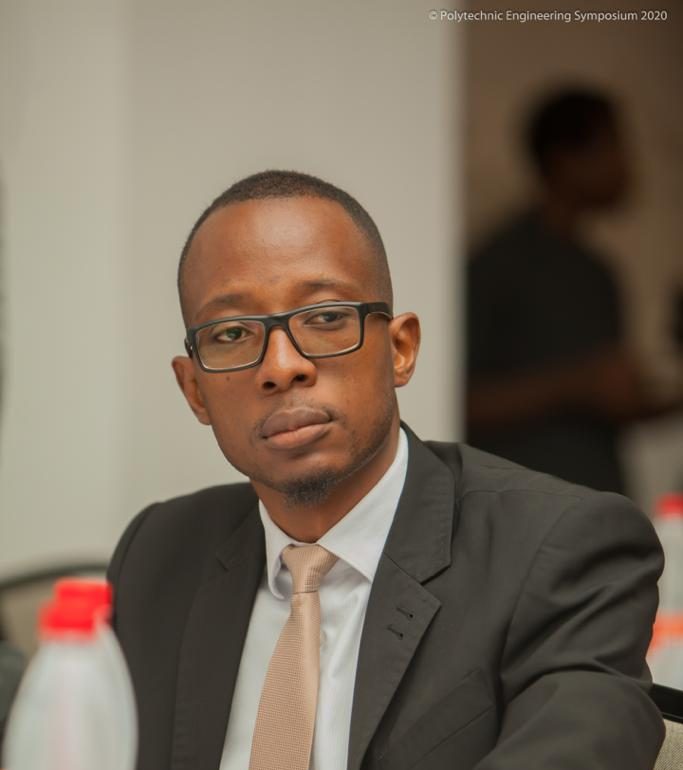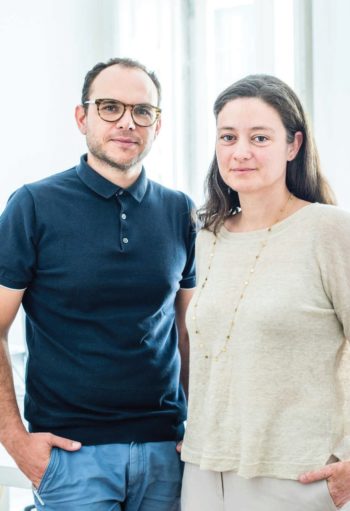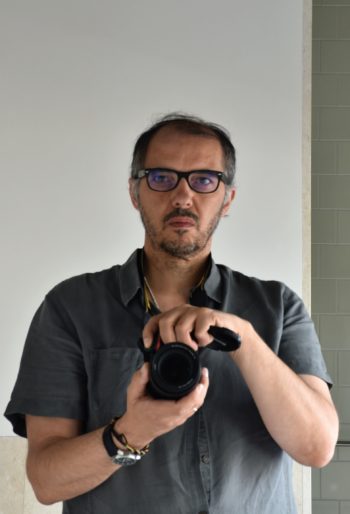A conversation with Eng. Chrispin Kapalamula

A conversation with Eng. Chrispin Kapalamula
'Ensuring that the environment remains a central concern, that it is not compromised during the works (...) and ensuring, wherever possible, that it is restored to its condition after demobilization, is a very important function'
Tell us about your education and career path.
I studied Civil Engineering at Malawi Polytechnic, a college of the University of Malawi, now Malawi University of Business and Applied Sciences (MUBAS). As an engineering student, I worked for CILCON Limited, which is a civil engineering company with a solid track record of infrastructure work in Malawi. Cilcon Limited is a civil engineering company and one of the largest infrastructure service providers in the country. I have had the opportunity to participate in some of its major construction projects, namely the upgrading of the Lumbadzi – Dowa – Chezi road; the rehabilitation and maintenance of paved roads in Lilongwe; and the rehabilitation and maintenance of urban roads in Mzuzu. I worked on upgrading a dirt road to a tarmac road and in the meantime I took on, among many other duties, such as assisting with point definition work, checking schedules and supervising the construction of gullies; and quality control of materials for road construction. I worked on the maintenance and rehabilitation of selected paved roads in Lilongwe; overseeing drainage installations and cleaning work; and supervising pouring, leveling and asphalt overlays. In the rehabilitation and maintenance of urban roads in Mzuzu, I worked as an environmental engineer and as an assistant in road surface projects (Chip – Seals); I also supervised asphalt coatings; and I prepared periodic Environmental Impact Assessment (EIA) reports. Ensuring that the environment remains a central concern and is not compromised during the works, by monitoring the Environmental Management Plan (EMP), and ensuring, whenever possible, that it is restored to its condition after demobilization, is a very important function. I joined CEAR as a Civil Engineering Management trainee in January 2012. I rose through the ranks to Regional Engineer, then Senior Engineer, Railway Maintenance Manager and finally Master Engineer in 2019.
As a Master Civil Engineer at Central East African Railways, what are your main responsibilities and duties? And what are the biggest challenges and obstacles in your work?
At CEAR my duties include assisting the Engineering Manager for the Nacala corridor in preparing annual project budgets and action and execution plans; identifying areas that require improvement in terms of availability and reliability of the railway to ensure that the CEAR-Malawi line is always in good condition; I am the main interlocutor on technical issues between CEAR-Malawi and engineering contractors; and I have to ensure compliance of all relevant project activities with CEAR-Malawi, such as environmental health and safety standards. The biggest challenges are the availability of equipment and services for the type of specialized work, such as bridge and other railway works, which makes some activities impossible or very expensive to carry out.
What is CEAR Malawi doing now?
Many projects and upgrades of railway lines are currently underway, such as the rehabilitation of Nkaya Mchinji (400 kilometers of track) and the rehabilitation of Limbe Sandama (72 kilometers of track). In 2015, floods swept through the Limbe Makhanga section, making it impossible for the passenger train to operate. Being a concessionary line, it was necessary to carry out reconstruction work and restore operations. We are also building a new bridge over the Pengapenga River, replacing an old one that had problems with its foundations. Following Cyclones Ana and Gombe, which hit southern Africa, two bridges collapsed and disabled the line, so we are building new bridges at Mauzi and Nanyangu. We have many infrastructure projects that will greatly improve rail operations and transport networks in general.
What has it been like working with BETAR?
Betar has been fundamental in our collaboration with CEAR. It’s been a wonderful journey. The company has provided expertise in design and construction supervision of major infrastructure projects with regard to Malawi’s rail network.
What do you expect for the future of the company?
CEAR has a great future and a huge role to play in Malawi’s economy, such as connecting to seaports and major transportation hubs. Malawi is a strategic link in the Southern African Development Corporation region, as it is geographically positioned to connect Zambia, the DRC and the western side of Mozambique to the seaports of Nacala and Beira.
This interview is part of Artes & Letras Magazine #147, December 2022
Partially automatic translation from portuguese: some expressions may differ from their actual meaning.
News & Interviews
A conversation with Arch. Cristina Salvador
'The experience at Namibe was how to get to the bottom of the issue, to what's not covered with anything else.' Read more
A conversation with SAMI Architects
Inês Vieira da Silva and Miguel Vieira form SAMI architects. They received us in a fluid and lively conversation, much more than an interview, with the presence of Miguel Villar. Read more
A conversation with Arch. Paulo Tormenta Pinto
‘We are concerned with the‘ invariables’ of architecture, a search for solutions without time that lead us to a more anonymous role, without that meaning loss of disciplinary scholarship’ Read more




